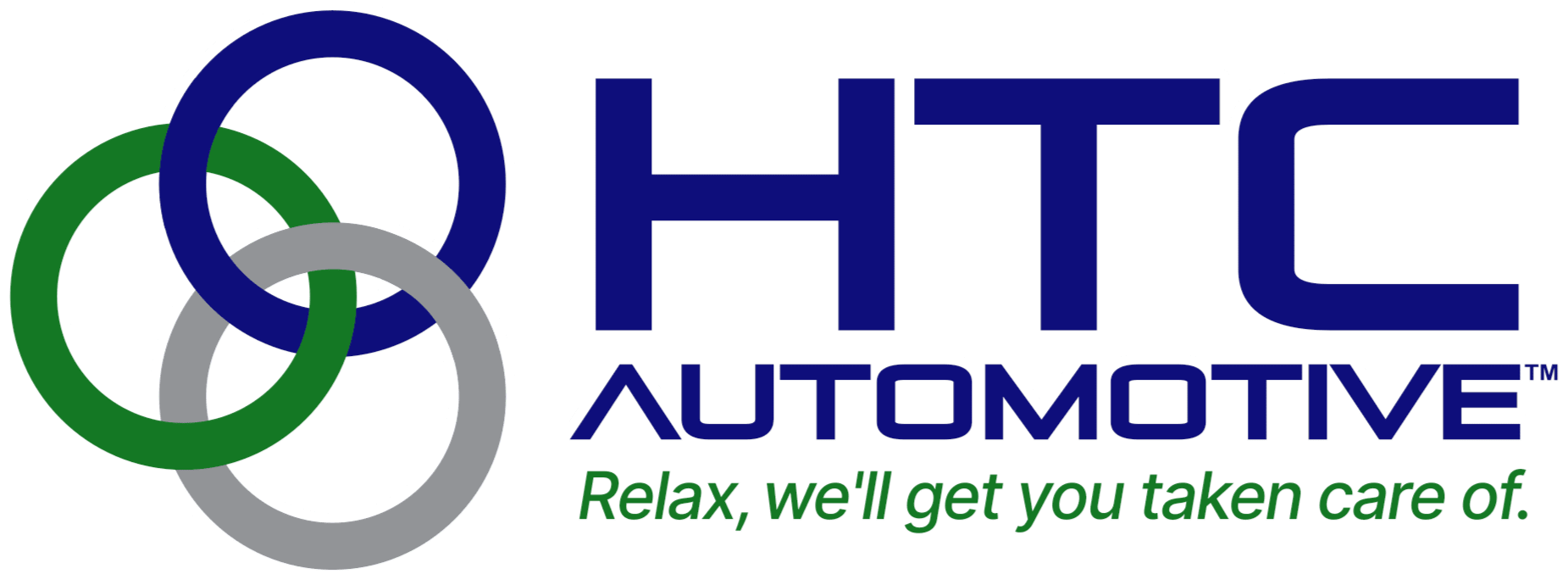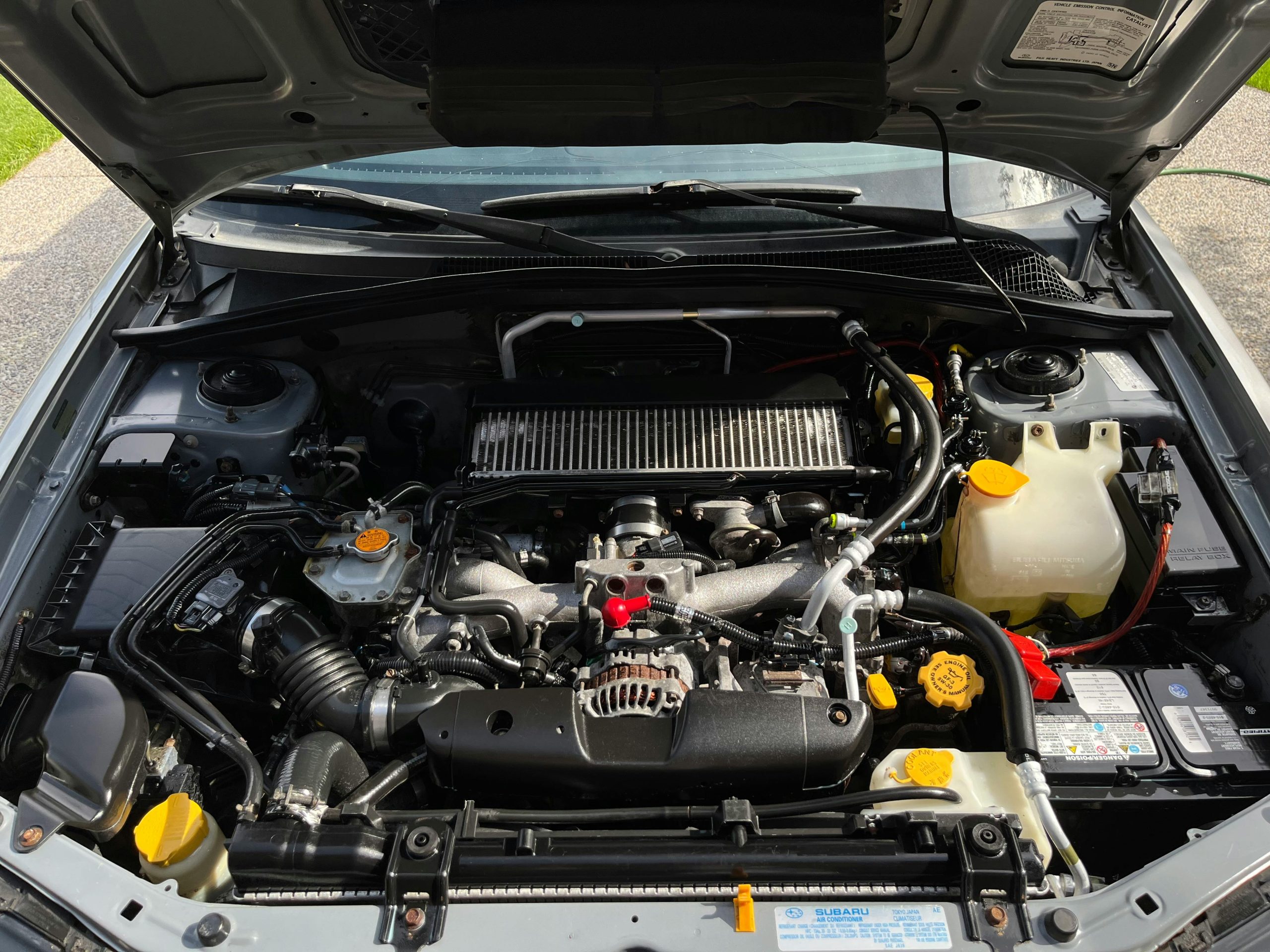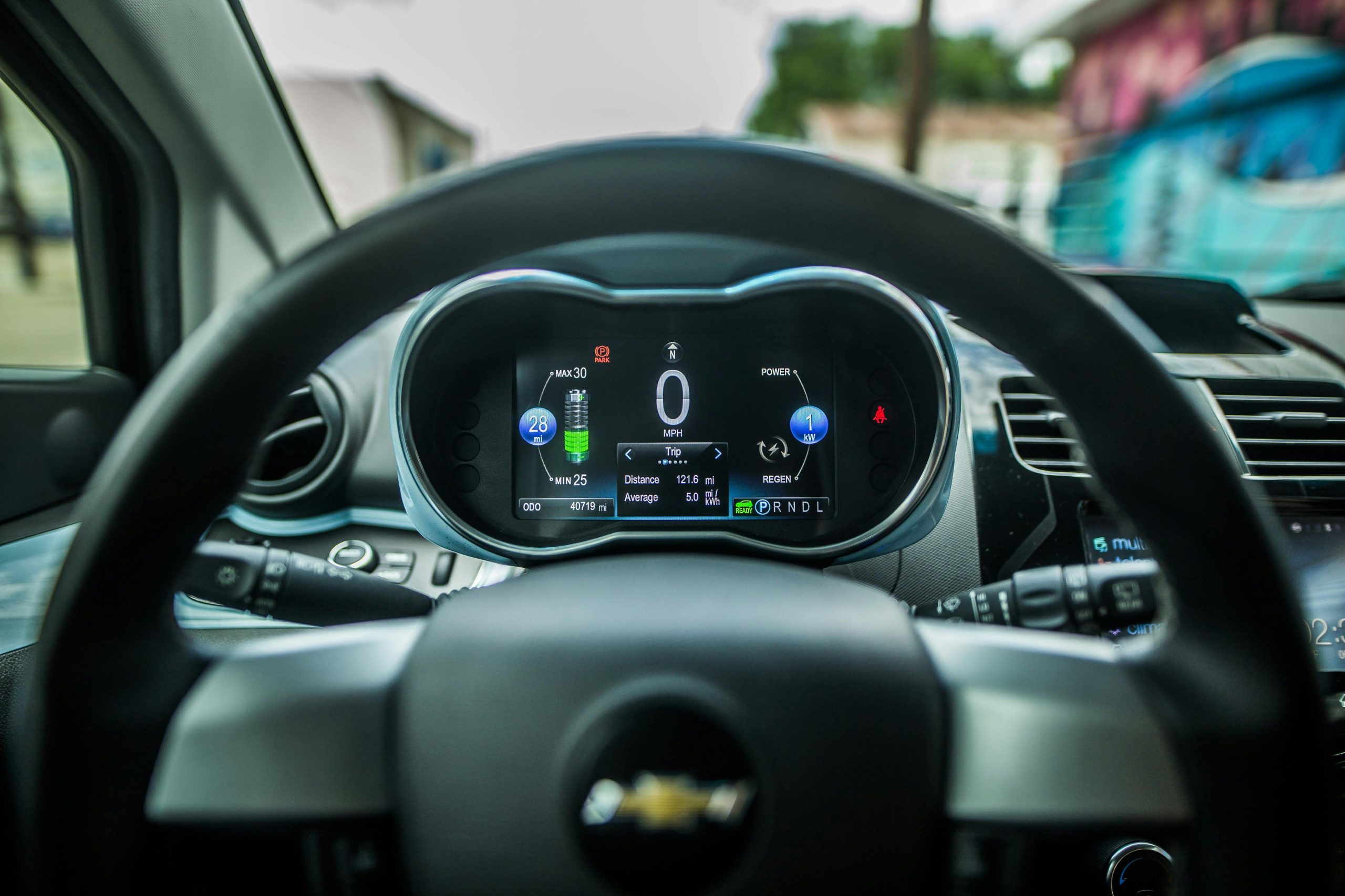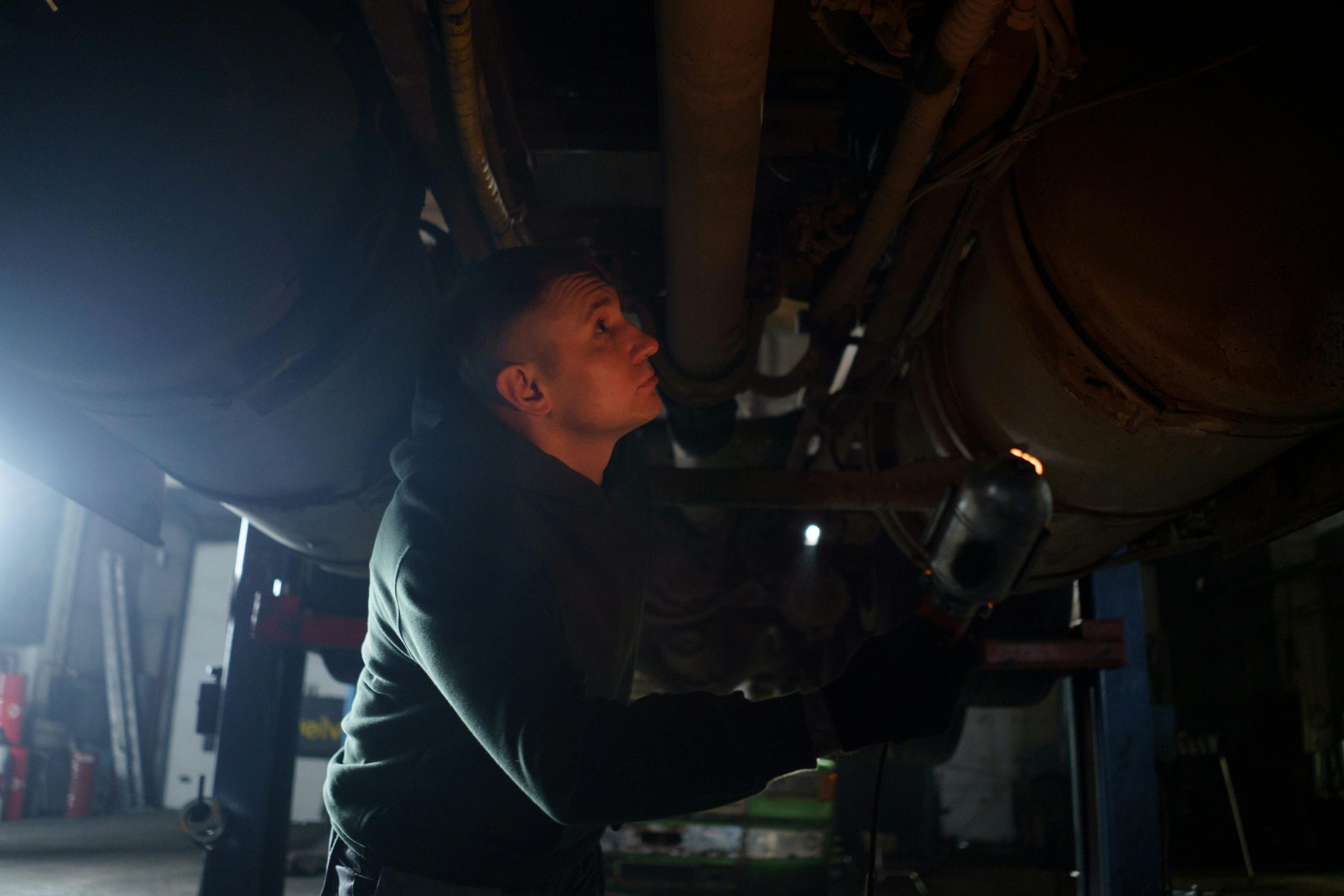Hearing a squeaking noise when you press the brake pedal can be annoying, and it might make you wonder if something is wrong with your car.
Brakes are a critical part of your vehicle’s safety system, so understanding the cause of the squeak and how to fix it is essential for smooth and quiet driving.
Let’s dive into the reasons behind squeaky brakes and explore practical solutions to keep your drives calm and quiet.
Why Are My Brakes Squeaking?
Brakes can squeak for a variety of reasons, and not all of them indicate a serious problem.
Here are the most common causes:
1. Worn Brake Pads
One of the most frequent reasons for squeaky brakes is worn-out brake pads. Brake pads are designed with a built-in wear indicator that emits a squealing noise when it’s time for a replacement. This feature helps alert you before the pads are completely worn down, preventing damage to other parts of the braking system.
2. Dust and Debris
Dust, dirt, and debris can get lodged between the brake pad and rotor, creating a squeaking sound. This usually happens if you’ve been driving on gravel roads or in dusty environments. While this isn’t typically a serious issue, it can still be irritating.
3. Moisture or Rust
If you hear squeaking brakes early in the morning or after it rains, moisture might be the culprit. Overnight dew or rain can cause a thin layer of rust to form on the brake rotors. When you first drive, the pads scrape off this rust, which can result in squeaky sounds. Usually, the noise disappears after a few uses of the brakes.
4. Low-Quality Brake Pads
Cheaper brake pads often use harder materials, which can be noisier than high-quality pads. If you recently replaced your brake pads and the squeaking started afterward, low-quality pads might be the issue.
5. Glazed Brake Pads or Rotors
Glazing happens when the brake pads or rotors overheat due to prolonged or aggressive braking. This can harden the surface of the pads and rotors, causing them to lose friction and make squealing noises.
6. Lack of Lubrication
Your brake system has several moving parts, like caliper pins, that require proper lubrication to function quietly. If these components become dry or corroded, they may produce squeaking or creaking noises during braking.
Common Solutions for Quiet Driving
Now that you know what might be causing your brakes to squeak, let’s look at how to fix the problem.
Here are some effective solutions:
1. Replace Worn Brake Pads
If your brake pads are worn out, replacing them is the most straightforward solution. Opt for high-quality brake pads that are less likely to squeak. Ceramic pads, for example, are quieter and more durable than metallic pads.
2. Clean Your Brakes
Dust and debris can be removed by cleaning your brake components. A simple brake cleaner spray can help clear away the buildup. Make sure to use a product specifically designed for brakes to avoid damaging sensitive parts.
3. Remove Moisture and Rust
If rust or moisture is the cause, gently applying the brakes a few times while driving can clear away the layer of rust. Just ensure you do this in a safe area where you can gradually slow down without risking accidents.
4. Upgrade Your Brake Pads
If your brakes started squeaking after installing new pads, consider upgrading to a higher-quality product. While premium pads might cost more upfront, they often provide quieter and more reliable performance in the long run.
5. Resurface or Replace Rotors
Glazed or damaged rotors might need to be resurfaced or replaced. A mechanic can determine whether resurfacing is enough or if a full replacement is necessary. This will restore proper friction between the pads and rotors, eliminating the squeak.
6. Apply Brake Lubricant
Proper lubrication can reduce noise caused by dry or corroded parts. A brake-specific lubricant can be applied to the caliper pins, back of the brake pads, and other moving parts. Be cautious not to get lubricant on the pad’s friction surface or the rotor, as this could reduce braking effectiveness.
7. Regular Maintenance
Scheduling regular brake inspections is key to preventing squeaky brakes and ensuring your system is in good condition. A mechanic can catch minor issues before they turn into costly repairs.
When to See a Professional
While some brake squeaks can be resolved at home, others may require professional attention. If you notice any of the following, it’s time to visit a mechanic:
- Persistent Noise: The squeaking doesn’t go away after trying the above solutions.
- Grinding Sounds: This indicates severe wear or damage to the brake pads or rotors.
- Reduced Brake Performance: Your car takes longer to stop, or the pedal feels soft.
- Vibrations: You feel shaking or vibrating when applying the brakes.
Addressing these issues promptly ensures your brakes function effectively and safely.
Conclusion
Squeaky brakes can be frustrating, but they’re usually a sign that your car needs a bit of attention. By understanding the common causes and applying the right solutions, you can enjoy quiet and stress-free driving.
Whether it’s cleaning debris, replacing worn-out pads, or upgrading to high-quality parts, taking care of your brake system is essential for your safety and peace of mind.
When in doubt, don’t hesitate to consult a professional mechanic for expert advice and assistance.



